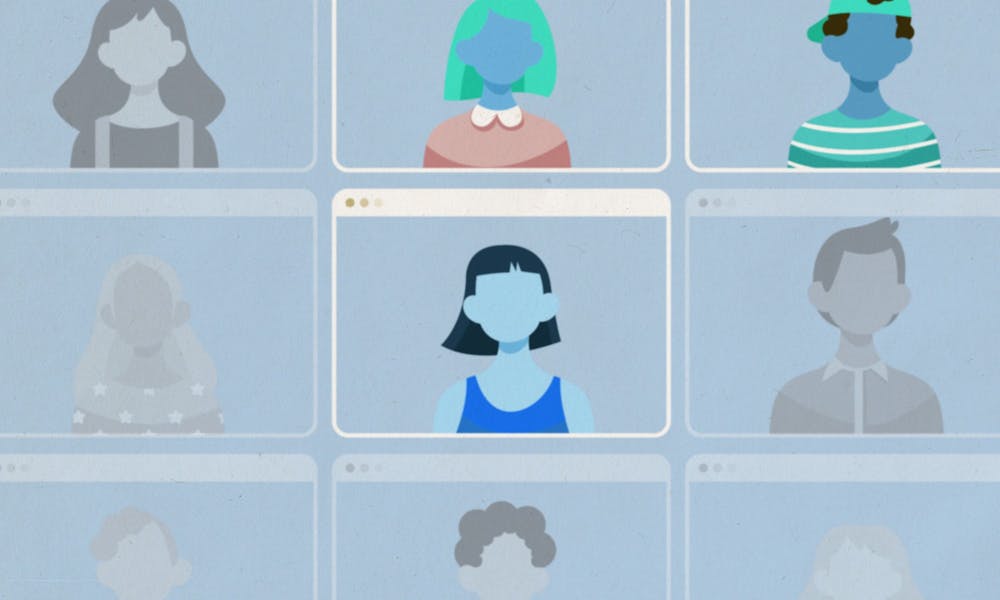
Earlier this semester, a number of international students learning from their countries of residence were deemed “at-risk” by the University of Pennsylvania and were involuntarily dropped from two courses, despite weeks of instruction already having occurred. Specifically, an email sent from the administration of Penn’s Social Policy and Practice School to students confirmed that MSSP 628: Policy: Analysis of Issues, Strategy and Process and MSSP 710: Democratizing Data: Analytics for Change, will not be offered for certain at-risk students. It included that Penn’s central administration sent concerns regarding students learning outside the United States. At-risk countries were identified through The Committee to Protect Journalists's official website from 2015 entitled 10 Most Censored Countries.
In the days that followed, international students were removed from the two courses while other students were redistributed into different sections. This decision created problems for students and faculty, including receiving new textbooks, financial pro-rating reimbursement for dropped courses, and overdue graded assignments. All of these issues point to unavoidable differential treatment due to this policy change.
Students were not given a justifiable explanation on why the administration proceeded. However, master candidates for Social Policy were given the opportunity to anonymously react to the decisions made surrounding MSSP 628 and MSSP 710. The candidates expressed a variety of concerns, including a lack of transparency, equal treatment, and potential self-censorship by instructors.
While this issue may only seem relevant to affected students, the concerns over self-censorship and academic freedom affect everyone in Penn's student body. While an online option is a necessity for safety and public health during a pandemic, it brings up a number of concerns within the realm of academic freedom and liability. Zoom classes, especially recorded sessions, in higher education add a level of surveillance that may alter the teaching style and decisions made within class time. In this case, the act of removing specific students from the course has arguably created a riskier situation by harming students learning from outside the United States. While the central administration of Penn might be concerned with liability issues, academic freedom and the integrity of The Social Policy and Practice School (SP2) is being compromised.
Fear among faculty exists regarding unwanted class restrictions. This may result in the restriction of specific cohorts of students to courses. Faculty may restrict cohorts due to unwillingness to filter materials in the syllabi themselves or by Penn administration. The burden of impact from the decisions being made continuously falls on international students from affected countries, who often are unaware of their right to disagree with policies within Penn.
SP2 represents a cohort committed to academic freedom, integrity, and social justice. The decisions made, which specifically affect international students and suggest a level of censorship regarding education within SP2, do not align with the values promised to all students and faculty within the program, nor with the academic integrity of the University. While we are proud to be Penn students, we feel we must speak up. This is intended to protect the academic integrity of SP2 and to prevent further discrimination and difference in opportunity within the Penn Community. Penn needs to embrace its commitment to academic freedom and refuse to succumb to the pressures of censorship.
VIRGINIA WARDELL is a Dual MSSP & MPH Candidate
The Daily Pennsylvanian is an independent, student-run newspaper. Please consider making a donation to support the coverage that shapes the University. Your generosity ensures a future of strong journalism at Penn.
Donate







